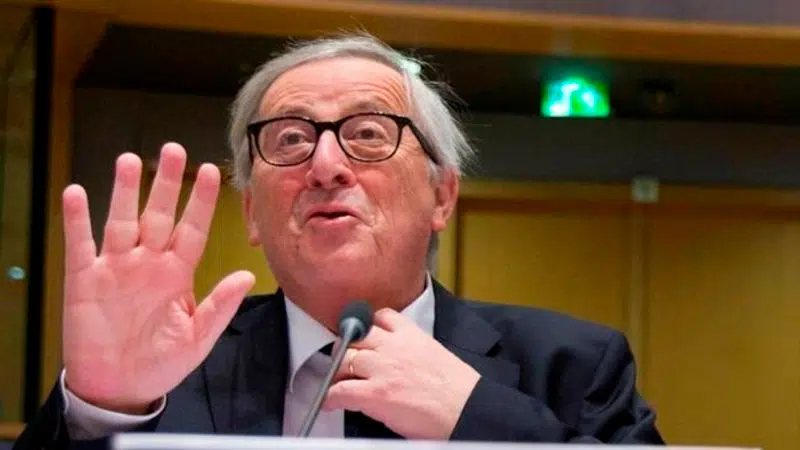
What’s next after UK seeks 3-month delay to Brexit?
LONDON — With just nine days to go until Brexit, Prime Minister Theresa May has asked the European Union to postpone Britain’s departure from the European Union until June 30. The decision is in the hands of the 27 remaining EU nations, whose leaders must agree unanimously to an extension.
Here’s a look at what could happen next:
SUMMIT SHOWDOWN


